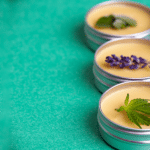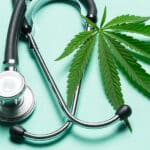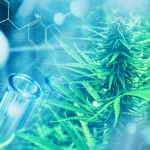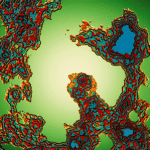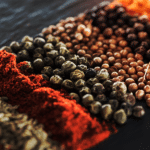A recent study from pharmacologists at the University of Minnesota examined how eating a meal affects the absorption of CBD.
Cannabinoids are bemoaned for their low bioavailability. When someone eats THC or CBD, less than 10% gets into their blood stream. A recent study from pharmacologists at the University of Minnesota examined how eating a meal affects the absorption of CBD. Normally researchers have people fast and take CBD in the morning before eating — this reduces variability, but it also changes how well your body can absorb the CBD. On a full stomach, CBD will stay in the gut for longer and have more time to be uptaken. If the meal is particularly fatty, the body will try to collect the oils, and CBD might get caught up along with them. This is exactly what the researchers found! When taking CBD half an hour after a fatty meal, people were exposed to nearly 5x more CBD. The peak plasma concentration of CBD was 14x higher when participants ate first. This suggests that eating before taking CBD might reduce the required dose, but could also be more likely to cause drug interactions. The researchers note that this effect should be considered for epileptic patients on a ketogenic diet, which is a high-fat diet. Such patients may need to take a smaller dose of CBD. People shouldn’t be too caught up with bioavailability, however. Cannabinoids are metabolized into active molecules: THC turns into 11-OH-THC, which appears more intoxicating than THC, while CBD is converted to 7-COOH-CBD, a molecule proposed to have an anti-epileptic effect. These chemicals aren’t represented when one talks about bioavailability.
Read study: Food effect on pharmacokinetics of cannabidiol oral capsules in adult patients with refractory epilepsy
Adrian Devitt-Lee is a research scientist and longtime Project CBD contributor. © Copyright, Project CBD. May not be reprinted without permission.


